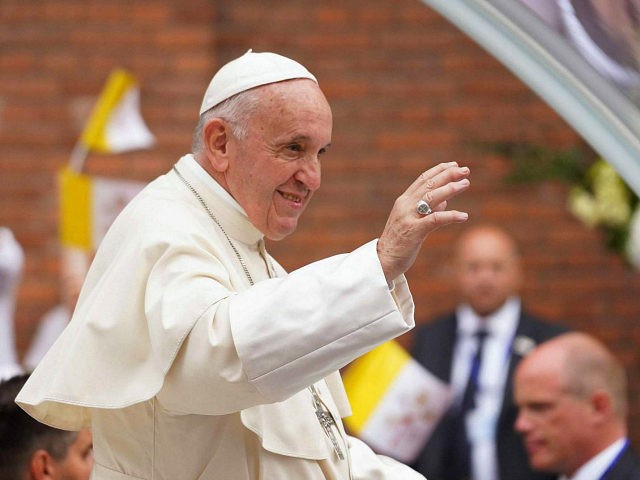ROME — The Vatican has created a special committee to draw out the principles contained in the controversial Abu Dhabi document, signed last February by Pope Francis and the Grand Imam of al-Azhar.
The text was subsequently criticized by prominent theologians for “devaluing the person of Jesus” and “undermining the gospel itself” since it seemed to propose that God willed the existence of a plurality of religions just as he wills a plurality of sexes, races, and languages, rather than willing that all people find their salvation in Jesus Christ.
The passage that caused the most furor reads, “The pluralism and the diversity of religions, color, sex, race and language are willed by God in his wisdom, through which he created human beings.”
At a later date, the pope seemed to walk back that passage, but he never requested to have it amended and the entire statement reads today just as it did last February. The joint declaration will now be the foundation and reference point for a committee set up for its implementation.
In a statement Monday, Pope Francis said he was pleased that the joint document, titled Human Fraternity for World Peace and Living Together, would become the object of study and a font for new initiatives in interreligious dialogue.
“Although sadly evil, hatred and division often make news, there is a hidden sea of goodness that is growing and leads us to hope in dialogue, reciprocal knowledge and the possibility of building, together with the followers of other religions and all men and women of good will, a world of fraternity and peace,” Francis said in his communiqué.
The pope went on to encourage “the efforts of the Committee to spread knowledge of the Document” as well as expressing his hope that many new initiatives would spring from it.
In an interview with Vatican media regarding the new committee, the new president of the Pontifical Council for Interfaith Dialogue, Bishop Miguel Ángel Ayuso Guixot, said Monday that “interfaith dialogue is the only efficient antidote to the evil of fundamentalism.”
The new committee “is a concrete example of how religious leaders can build bridges, strengthen dialogue and overcome the temptation to close themselves and fuel the ‘clash of civilizations,’” he said.

COMMENTS
Please let us know if you're having issues with commenting.